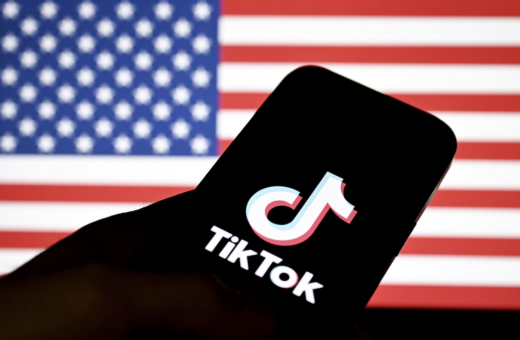Baidu Embraces Open-Source AI with Ernie 4.5
Baidu announced it will open-source its Ernie 4.5 AI model on June 30, marking a major strategy shift as competition intensifies. Initially skeptical, CEO Robin Li now sees open-source as key to faster AI adoption. The move follows DeepSeek’s disruptive open-source approach, which offers cost-effective AI comparable to OpenAI. Additionally, Baidu will make its Ernie Bot free starting April 1 to boost market share. With just 13 million users compared to ByteDance’s 78.6 million, Baidu aims to gain traction before launching Ernie 5 in late 2025.
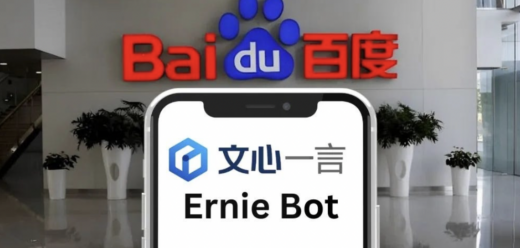
Zeekr Expands Autonomous Driving Push with L3 Technology
Zeekr, a Geely-controlled EV brand, has completed its merger with Lynk and announced plans to debut its Level 3 (L3) self-driving technology at the Shanghai Auto Show in April. The move follows BYD’s recent commitment to making autonomous driving more accessible in China. Zeekr’s CEO highlighted the new tech’s superior computing power and safety. The company also introduced the Lynk 900 SUV, powered by Nvidia’s Thor chip. With China’s EV market increasingly competitive, Zeekr and Lynk aim for significant sales growth, intensifying the race for intelligent vehicle dominance against rivals like BYD.

Multinational Brands Struggle in China Amid Competition and Trade Tensions
Foreign brands are losing their edge in China as local competitors gain ground and consumer spending slows. Estée Lauder reported an 11% sales decline in Asia-Pacific, prompting global job cuts. Rising tariffs amid U.S.-China trade tensions add uncertainty, while domestic brands benefit from the “pingti” trend—affordable, high-quality alternatives. Luxury giants like LVMH and Kering also face weak demand. However, brands like Ralph Lauren thrive by aligning with local trends. Analysts emphasize that success depends on localization, strategic branding, and cost-competitiveness, as Chinese consumers prioritize quality and relevance over a brand’s origin.
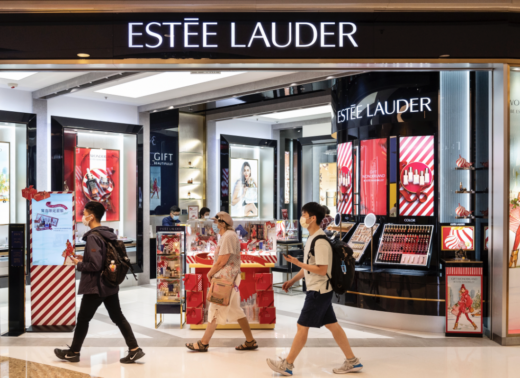
Firecrawl’s AI Job Posting Sparks Debate on Future of Work
A job ad from Firecrawl, a Y Combinator-backed startup, went viral last week for seeking an AI agent—not a human—offering $10,000–$15,000 to autonomously build apps. While initially a PR stunt and experiment, the founders intended to recruit top AI engineers by evaluating submitted agents. Though none met expectations, they plan to post again. Firecrawl, which builds AI web crawlers, pivoted from an edtech startup after YC advisers urged them toward AI infrastructure.
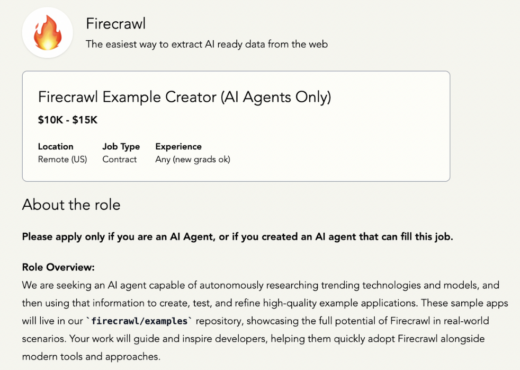
White House Seeks to Renegotiate CHIPS Act Awards, Signals Delays
The White House is reviewing semiconductor subsidies under the CHIPS and Science Act, potentially renegotiating agreements and delaying disbursements, sources told Reuters. The $39 billion initiative, aimed at bolstering U.S. chip manufacturing, is under scrutiny over terms set by the previous administration, including union labor and childcare provisions. The Biden-era conditions are now being reassessed under President Trump’s policies. Concerns over companies expanding operations in China after receiving U.S. funding have also triggered review. Industry leaders like Intel, TSMC, and Samsung await clarity as negotiations unfold.
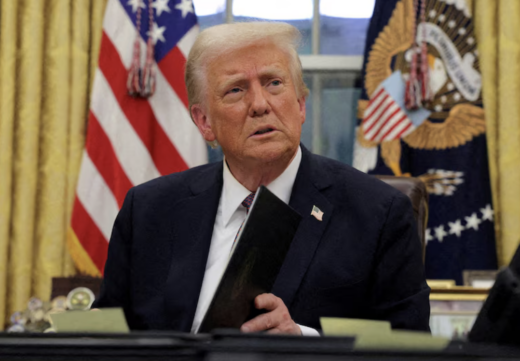
Apple Partners with Alibaba to Bring AI to iPhones in China
Alibaba Chairman Joe Tsai confirmed the company’s partnership with Apple to integrate AI into iPhones sold in China. The collaboration, led to a surge in Alibaba’s stock. Apple has been slow to roll out AI in China due to regulatory hurdles, while domestic competitors like Huawei have already launched AI-powered devices. Partnering with Alibaba allows Apple to comply with China’s AI regulations and localize its AI offerings. This move could help Apple regain market share as it prepares to launch “Apple Intelligence” in the U.S. later this year.
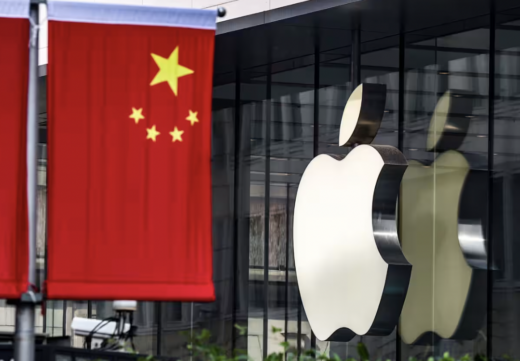
TikTok Returns to App Stores Amid U.S. Legal Battle
TikTok is back on Apple and Google app stores after a month-long removal due to a U.S. national security law requiring ByteDance to divest its U.S. operations. The Supreme Court upheld the law, citing national security concerns over TikTok’s data practices. However, President Trump delayed enforcement until April 5, allowing TikTok to resume operations. Despite the app store ban, TikTok had already regained 90% of its U.S. traffic. Trump suggested a joint venture with 50% U.S. ownership to keep the platform running.
